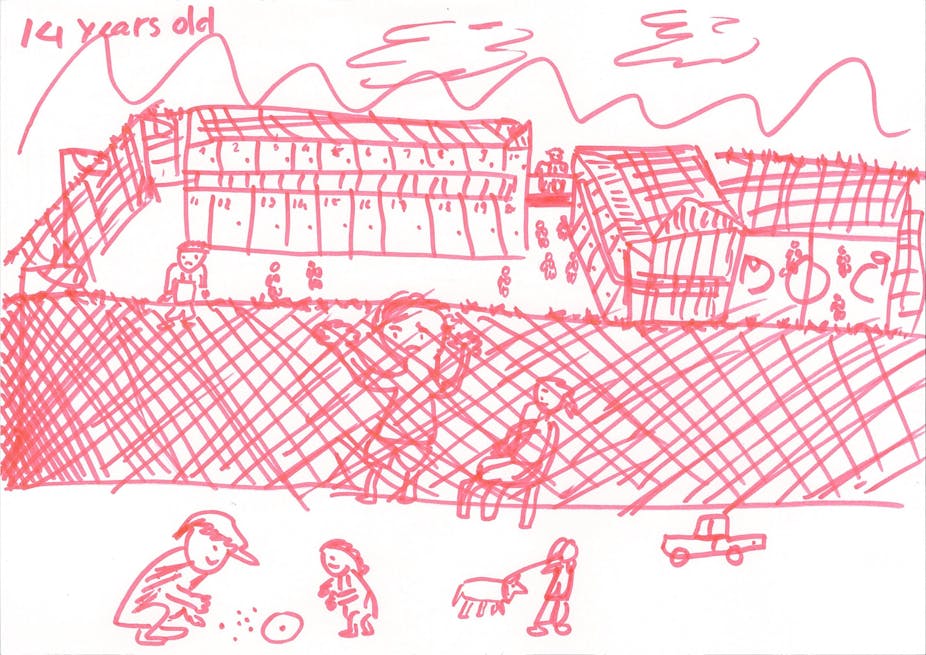More than 80% of Australian paediatricians believe mandatory detention of asylum seeker children constitutes child abuse, according to survey results published today in the Medical Journal of Australia.
The study, which found children under 20 make up 40% of Australia’s total refugee intake, said many doctors had poor knowledge about legal issues surrounding child asylum seekers, including that many may be ineligible for Medicare.
The authors say the system leaves paediatricians powerless to report abuse, despite having a mandatory obligation to do so.
One of the authors of the paper, professor David Isaacs, who runs a refugee clinic at the Children’s Hospital at Westmead, said the research was designed to find out paediatricians’ level of knowledge about asylum seekers, and elicit what they thought about the mandatory detention of children.
The questionnaire was answered by 139 of the 343 Australian paediatricians contacted by the authors. Just over 80% of the respondents disapproved of offshore processing and agreed with the Australian Medical Association statement that mandatory detention was a form of child abuse.
The survey found a small majority of paediatricians knew the immigration minister Scott Morrison was the legal guardian for unaccompanied minors. This meant reporting the abuse to state-based community services was futile.
Professor of paediatrics at The University of Sydney, Elizabeth Elliott, who visited Christmas Island in July 2014 with Human Rights Commissioner Gillian Triggs, said the role was a conflict of interest, as Morrison was also responsible for policy to keep people on detention centres such as Christmas Island for prolonged periods without assessment of their claims.
Professor Elliott, who was not involved in the research, called for the children to have an independent guardian.
The research revealed less than half the respondents knew which sub-groups of asylum seeker and refugee children were eligible for Medicare.
Associate professor of paediatrics Karen Zwi, who was not involved in the research and who runs the refugee clinic at Sydney Children’s Hospital, said paediatricians were confused by the range of visa types and found it difficult to keep up-to-date with the different types of entitlement and access.
Professor Elliott said this was a concern, because the group was at high risk of both physical and mental health problems.
Associate professor Zwi said there was evidence adverse childhood experiences made for worse physical and mental health outcomes in the long run, with asylum seeker children exposed to multiple traumas, she said.
“They’ve had exposure to war and trauma in their countries of origin, they’ve had exposure to a dangerous and frightening boat journey,” she said. “During the time they’ve been in detention, they’ve had exposure to their parents being frightened, uncertain, anxious, sometimes developing depression and suicidal tendencies.”

